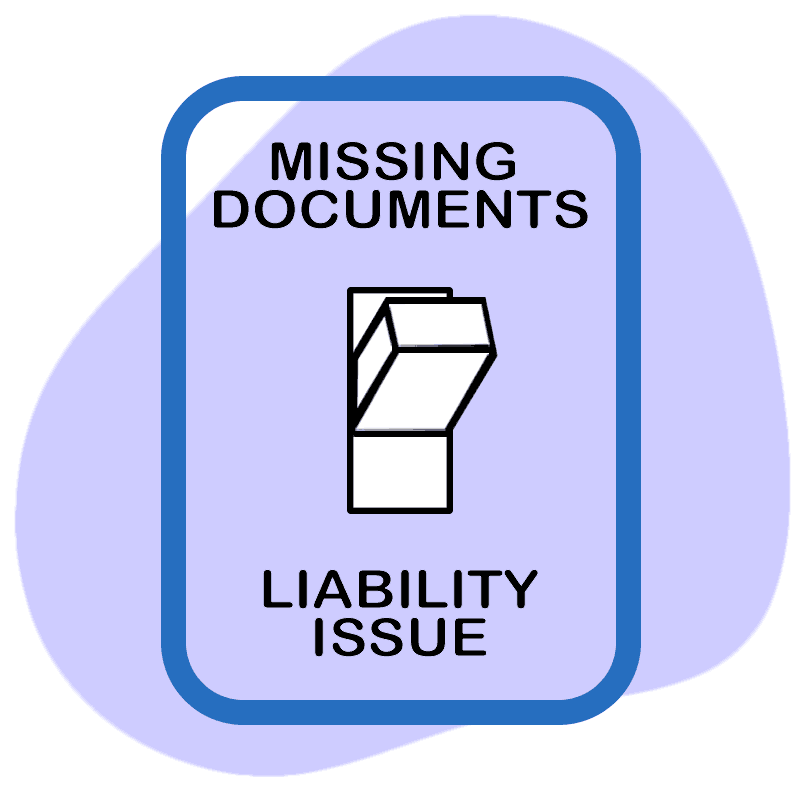Med-Legal Reports: Always Include Page Count Verification!

California’s new Medical-Legal Fee Schedule (MLFS), effective from April 2021, brought with it new rules for reporting, billing, and payment. Among those rules: when submitting a Medical-Legal report that includes record review, the physician must also include an accurate verification of the number of pages reviewed — under penalty of perjury.
Needless to say, adhering to this requirement is vital to physician compliance, and to ensuring accurate reimbursement.
Med-Legal Record Review Requirements
When a party to a workers’ comp dispute requests a Medical-Legal service that involves record review, the MLFS requires an official page count from both the sender of records and the reviewing physician:
-
Regardless of which party to the dispute requests record review, the person or entity providing the records must include a declaration of adherence to California Labor Code. The declaration must include an attestation as to the exact number of pages requested to be reviewed.
- The physician evaluator must also include in the Medical-Legal evaluation report a verification of the number of pages of records reviewed, when applicable.
For each of the four medical-legal billing codes that may involve record review, the MLFS as found in California Code of Regulations Section 9795 includes the following requirement:
When billing for a record review report under this code, the physician shall include in the report a verification under penalty of perjury of the total number of pages of records reviewed by the physician as part of the medical-legal evaluation and preparation of the report. [emphasis added]
The physician’s page verification is crucial to obtaining correct reimbursement, because the new MLFS includes a separate per-page billing code, MLPRR, that the DWC instructs physicians to report if the number of pages reviewed exceeds the page-count allowed by the applicable MLFS billing code.
The table below lists each of the 4 MLFS billing codes that may involve record review, and the number of pages of records included in the base reimbursement of the billing code. When a physician reviews records that exceed the designated page count included, the DWC instructs physicians to use MLPRR to bill $3.00 per additional page.
MLFS Billing Code |
Med-Legal Service |
Pages Count Included (before MLPRR applies) |
ML200 |
Missed Appointment for a Comprehensive or Follow-Up Medical-Legal Evaluation |
200 |
ML201 |
Comprehensive Medical-Legal Evaluation |
200 |
ML202 |
Follow-up Medical-Legal Evaluation |
200 |
ML203 |
Fees for Supplemental Medical-Legal Evaluations |
50 |
As any Medical-Legal evaluator knows, the page count for a given set of medical records can reach into the thousands, representing many hours of physician time.
To ensure that your bill and supporting documentation for Medical-Legal services checks all the necessary boxes (literally), DaisyBill provides our Medical-Legal physician clients a set of “Superbills,” which providers and staff can reference when assembling the bill, report, and supporting documentation.
Displayed in part below, the “Superbill” for code ML200 includes the specific requirements for record review page counts, attestation, and physician verification:
As we know all too well, the consequences for provider billing errors are severe and automatic — i.e. the claims administrator simply refuses payment. Combined with the risk of committing perjury, this makes adhering to the page count verification rule vital for Medical-Legal evaluators.
Get paid in full and on time — without the hassle. DaisyBill makes authorization, billing, and appeals quicker, easier, better. Reach out to see how our software and services can help your practice.
CONTACT US
DaisyBill provides content as an insightful service to its readers and clients. It does not offer legal advice and cannot guarantee the accuracy or suitability of its content for a particular purpose.




.png)
